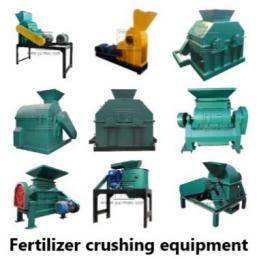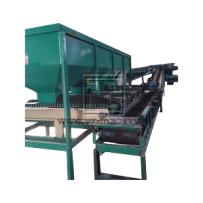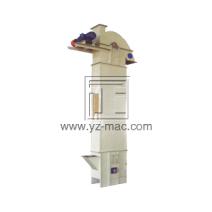Commercial composting machine
A commercial composting machine refers to specialized equipment designed for large-scale composting operations in commercial or industrial settings. These machines are specifically engineered to efficiently process organic waste materials and transform them into high-quality compost.
High Processing Capacity:
Commercial composting machines are designed to handle significant volumes of organic waste. They have a high processing capacity, allowing for efficient composting of large quantities of materials.
Efficient Composting Process:
Commercial composting machines employ advanced technologies and techniques to optimize the composting process. These machines provide optimal conditions for decomposition, such as controlled aeration, temperature regulation, moisture management, and mixing. By creating an ideal environment for microbial activity, commercial composting machines facilitate rapid and efficient breakdown of organic matter.
Versatile Design:
Commercial composting machines are available in various designs to accommodate different composting methods and waste types. They can handle a wide range of organic materials, including food waste, yard waste, agricultural residues, and more. The versatile design allows for flexibility in composting operations and enables customization according to specific requirements.
Odor Control:
Commercial composting machines incorporate odor control mechanisms to minimize and manage unpleasant odors associated with composting. These systems often include biofilters, ventilation systems, or other technologies that help capture and treat odorous gases, making the composting operation more environmentally friendly and socially acceptable.
Nutrient-Rich Compost Production:
Commercial composting machines produce high-quality compost that is rich in organic matter and nutrients. The efficient composting process breaks down organic materials into a stable end product that is rich in essential nutrients such as nitrogen, phosphorus, and potassium. This nutrient-rich compost can be used as a valuable soil amendment, improving soil fertility and promoting healthy plant growth.
Waste Diversion and Environmental Benefits:
By utilizing a commercial composting machine, organic waste materials can be diverted from landfill disposal, reducing environmental impact and contributing to waste reduction goals. Composting organic waste instead of landfilling helps mitigate greenhouse gas emissions, reduce reliance on chemical fertilizers, and promote sustainable waste management practices.
Cost Savings:
Commercial composting machines can result in long-term cost savings for businesses and organizations. By diverting organic waste from costly landfill disposal, organizations can reduce waste management expenses. Additionally, producing compost on-site can eliminate the need to purchase commercial fertilizers, resulting in potential cost savings for landscaping, agriculture, or horticulture operations.
Regulatory Compliance:
Commercial composting machines often adhere to regulatory standards and guidelines to ensure compliance with environmental regulations. Compliance ensures that the composting operation manages potential issues such as odor control, stormwater management, and monitoring of key parameters to protect the environment and public health.
In conclusion, a commercial composting machine offers efficient processing, versatile design, odor control, nutrient-rich compost production, waste diversion, cost savings, and regulatory compliance.






